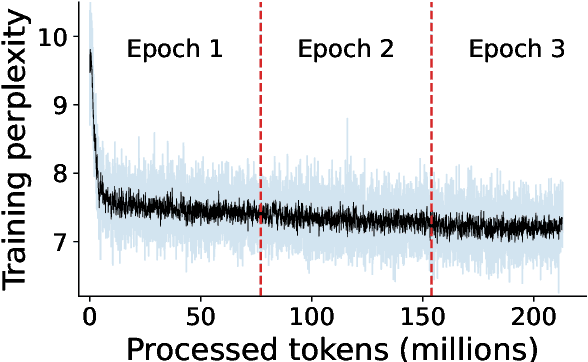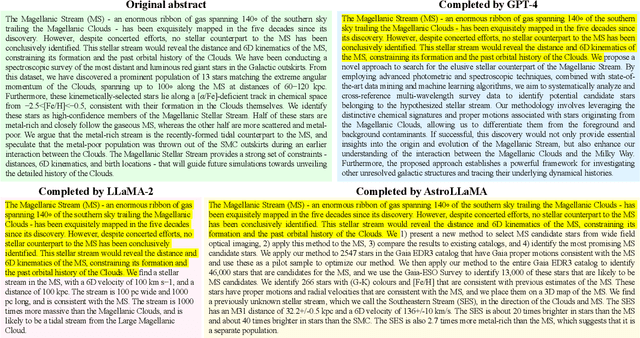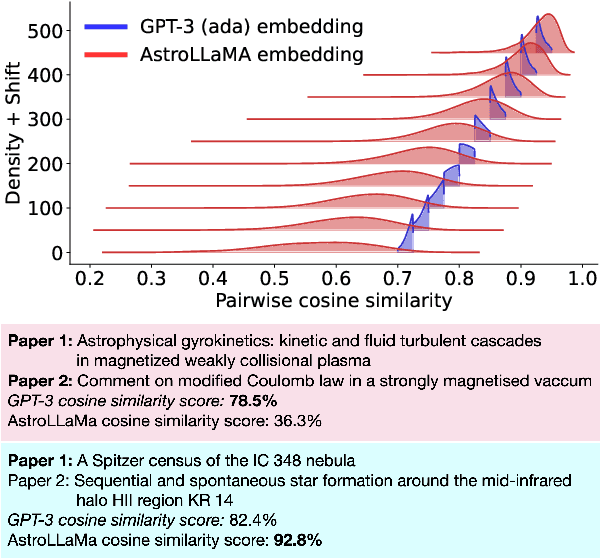Jesse Cranney
UniverseTBD
Fried Parameter Estimation from Single Wavefront Sensor Image with Artificial Neural Networks
Apr 23, 2025



Abstract:Atmospheric turbulence degrades the quality of astronomical observations in ground-based telescopes, leading to distorted and blurry images. Adaptive Optics (AO) systems are designed to counteract these effects, using atmospheric measurements captured by a wavefront sensor to make real-time corrections to the incoming wavefront. The Fried parameter, r0, characterises the strength of atmospheric turbulence and is an essential control parameter for optimising the performance of AO systems and more recently sky profiling for Free Space Optical (FSO) communication channels. In this paper, we develop a novel data-driven approach, adapting machine learning methods from computer vision for Fried parameter estimation from a single Shack-Hartmann or pyramid wavefront sensor image. Using these data-driven methods, we present a detailed simulation-based evaluation of our approach using the open-source COMPASS AO simulation tool to evaluate both the Shack-Hartmann and pyramid wavefront sensors. Our evaluation is over a range of guide star magnitudes, and realistic noise, atmospheric and instrument conditions. Remarkably, we are able to develop a single network-based estimator that is accurate in both open and closed-loop AO configurations. Our method accurately estimates the Fried parameter from a single WFS image directly from AO telemetry to a few millimetres. Our approach is suitable for real time control, exhibiting 0.83ms r0 inference times on retail NVIDIA RTX 3090 GPU hardware, and thereby demonstrating a compelling economic solution for use in real-time instrument control.
pathfinder: A Semantic Framework for Literature Review and Knowledge Discovery in Astronomy
Aug 02, 2024



Abstract:The exponential growth of astronomical literature poses significant challenges for researchers navigating and synthesizing general insights or even domain-specific knowledge. We present Pathfinder, a machine learning framework designed to enable literature review and knowledge discovery in astronomy, focusing on semantic searching with natural language instead of syntactic searches with keywords. Utilizing state-of-the-art large language models (LLMs) and a corpus of 350,000 peer-reviewed papers from the Astrophysics Data System (ADS), Pathfinder offers an innovative approach to scientific inquiry and literature exploration. Our framework couples advanced retrieval techniques with LLM-based synthesis to search astronomical literature by semantic context as a complement to currently existing methods that use keywords or citation graphs. It addresses complexities of jargon, named entities, and temporal aspects through time-based and citation-based weighting schemes. We demonstrate the tool's versatility through case studies, showcasing its application in various research scenarios. The system's performance is evaluated using custom benchmarks, including single-paper and multi-paper tasks. Beyond literature review, Pathfinder offers unique capabilities for reformatting answers in ways that are accessible to various audiences (e.g. in a different language or as simplified text), visualizing research landscapes, and tracking the impact of observatories and methodologies. This tool represents a significant advancement in applying AI to astronomical research, aiding researchers at all career stages in navigating modern astronomy literature.
Designing an Evaluation Framework for Large Language Models in Astronomy Research
May 30, 2024


Abstract:Large Language Models (LLMs) are shifting how scientific research is done. It is imperative to understand how researchers interact with these models and how scientific sub-communities like astronomy might benefit from them. However, there is currently no standard for evaluating the use of LLMs in astronomy. Therefore, we present the experimental design for an evaluation study on how astronomy researchers interact with LLMs. We deploy a Slack chatbot that can answer queries from users via Retrieval-Augmented Generation (RAG); these responses are grounded in astronomy papers from arXiv. We record and anonymize user questions and chatbot answers, user upvotes and downvotes to LLM responses, user feedback to the LLM, and retrieved documents and similarity scores with the query. Our data collection method will enable future dynamic evaluations of LLM tools for astronomy.
AstroLLaMA: Towards Specialized Foundation Models in Astronomy
Sep 12, 2023


Abstract:Large language models excel in many human-language tasks but often falter in highly specialized domains like scholarly astronomy. To bridge this gap, we introduce AstroLLaMA, a 7-billion-parameter model fine-tuned from LLaMA-2 using over 300,000 astronomy abstracts from arXiv. Optimized for traditional causal language modeling, AstroLLaMA achieves a 30% lower perplexity than Llama-2, showing marked domain adaptation. Our model generates more insightful and scientifically relevant text completions and embedding extraction than state-of-the-arts foundation models despite having significantly fewer parameters. AstroLLaMA serves as a robust, domain-specific model with broad fine-tuning potential. Its public release aims to spur astronomy-focused research, including automatic paper summarization and conversational agent development.
 Add to Chrome
Add to Chrome Add to Firefox
Add to Firefox Add to Edge
Add to Edge